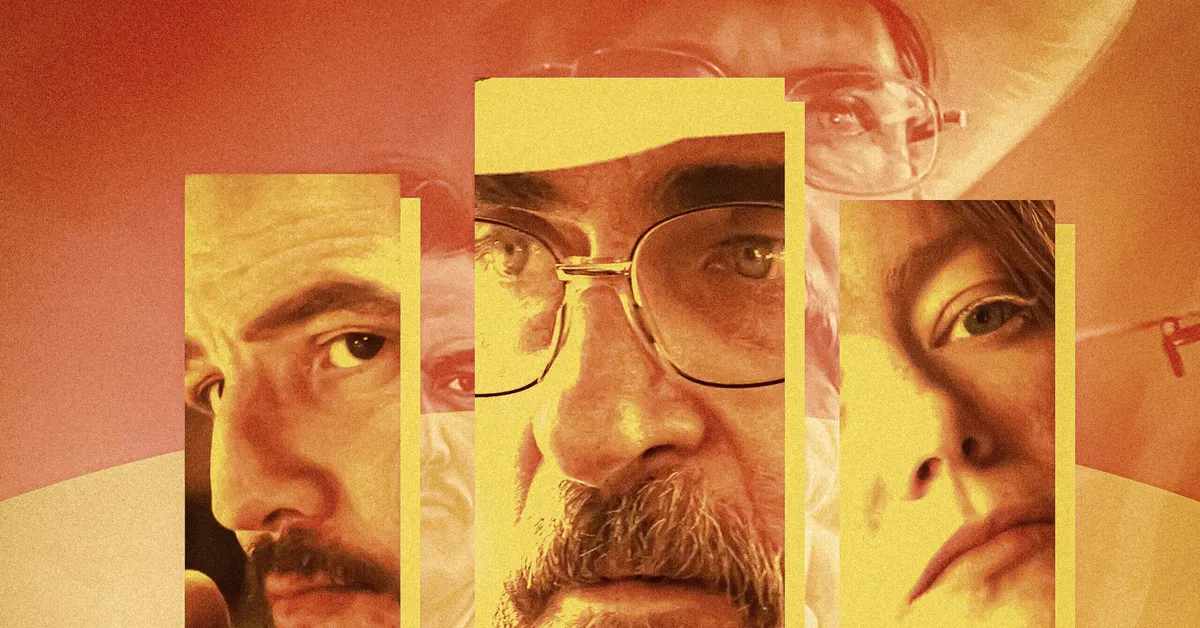
In the quirky town of Eddington, a striking bumper sticker reads, “Your Being Manipulated!” This grammatical misstep highlights the political campaign of Joe Cross (played by Joaquin Phoenix), a newcomer to the political arena aiming for the mayoralty of Eddington, New Mexico, during the summer of 2020. The error may suggest that Joe, who serves as the town sheriff, is not the brightest candidate, or perhaps his inexperienced campaign team lacks political savvy. However, this detail might resonate with voters who prefer authenticity over correction.
Ari Aster, the acclaimed director known for his unique storytelling style, uses the notion of manipulation as a central theme in his films. Having garnered praise from film legends like Martin Scorsese, Aster’s work often delves into conspiracies, secret societies, and the experiences of individuals navigating through complex societal structures. His protagonists typically endure a rude awakening, and in Eddington, Joe's journey embodies this narrative arc.
In Eddington, Joe Cross is a character filled with aspirations and frustrations. His wife, Louise (Emma Stone), shows little interest in motherhood, complicating their marital dynamics. Joe's determination to become a better public servant leads him to challenge Ted Garcia (Pedro Pascal), the incumbent mayor. Ted is portrayed as a charismatic figure with affluent supporters and a knack for self-serving virtue signaling, which raises the stakes for Joe’s campaign.
Throughout the film, the tension surrounding COVID-19 acts as a backdrop, amplifying Joe's frustrations, especially as he grapples with asthmatic concerns while wearing a mask. His ambition is not merely driven by civic duty but also by a desire to establish a legacy—something he feels Ted has achieved as a devoted father and public figure.
Ari Aster’s Eddington tackles various pressing social issues, including the impact of technology and the dynamics of modern life. The film explores topics like mask mandates, social media activism, and the pervasive influence of technology on human interactions. The proposed construction of a new data center represents a looming change for Eddington, illustrating the town's struggle to adapt to a rapidly evolving world.
In a recent interview, Aster noted, “We’re in a race,” emphasizing the merging of our lived reality with an increasingly digital existence, which can be both thrilling and terrifying. This theme is visually represented through Aster's collaboration with cinematographer Darius Khondji, creating a fragmented world where screens dominate and reflect the characters' lives.
As the film progresses, Joe's narrative evolves into a character study of manipulation and isolation. His attempts to navigate the complexities of modern life, compounded by societal expectations and personal failures, lead him down a path fraught with tension. Aster's portrayal of Joe’s internal struggles resonates with viewers as he confronts both personal demons and public scrutiny.
Aster's previous films, such as Hereditary and Midsommar, focused on isolation and psychological horror, but Eddington presents a broader social canvas. The film examines how local pride can transform into populism and bullying, reflecting the chaotic nature of contemporary American culture.
While some critics argue that Eddington lacks a clear stance, Aster's nuanced approach invites audiences to engage with its complexities rather than offering straightforward answers. The film’s exploration of social issues, combined with Aster's signature style, creates an immersive experience that captures the zeitgeist of a nation grappling with its identity.
Ultimately, Eddington serves as more than a cautionary tale about American psychosis; it immerses viewers in the fabric of a society in turmoil. Aster’s ability to weave humor and existential dread throughout the narrative elevates the film, making it a thought-provoking piece about manipulation, identity, and the human condition.
With a runtime of 145 minutes, Aster’s ambition is palpable, though some narrative threads may feel underdeveloped. Nonetheless, the film's layered storytelling and rich thematic exploration solidify Aster's reputation as a visionary filmmaker poised to redefine modern cinema.